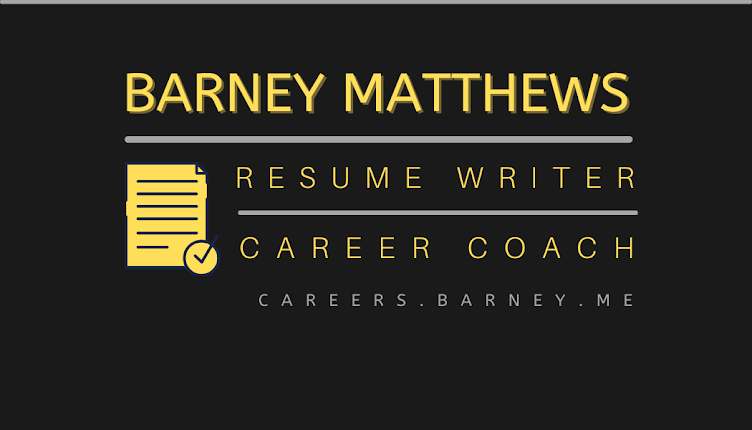"Failing to prepare is preparing to fail" - Alan Lakein.
How can you possibly prepare for an interview? It turns out there is some predictability to the interview process.
Screening interview.
The first interview you will likely have for a job is called a "screening interview." This are normally fairly short (10 - 15 minutes) and take place over the phone. It will probably be conducted by a recruiter or someone from HR and you usually won't be asked any technical questions.
Company
Expect to be asked about the company during a screening interview. You should know what the company actually does, you should know a little about the market they are in, and you should be familiar with recent news. The good news is all this information is available on the companies website. Companies want to know that you are interested in working for them and not just looking for any old job.Job
You will also be asked some general questions about the job and your relevant experience. They want to know you are interested in the specific job you have applied for and not just looking for any old job. They also want to know that you have half a clue about what you will be doing. The questions will be more like "have you ever used this technology" than "give me specific examples of how you used this technology."Compensation
They may give you a quick overview of their compensation package (time off, benefits etc.) You may also be asked your salary requirements. Do not give a specific number at this point in the interview process unless you absolutely have to. Turn the question on them and ask what the range is for the position. Explain that salary is only one of your deciding factors and you'd prefer to discuss it later. If you have to give a number, give them a range starting with what you actually want. For example if your desired salary is $55,000, tell them your range is $55,000 to $70,000 depending on what the whole compensation package looks like.Onsite interview
The next interview will be a second round, onsite interview with the hiring manager and possibly some of the team. If you are a remote candidate they may conduct this interview by video.
First impressions
"You don't get a second chance to make a first impression." In fact in the first few seconds when you meet someone you guess up to 12 things about a person. To make a good first impression, dress smartly, make eye contact, smile and have good posture.Job specific questions
Spend some time going through the job description and for every item write a C.A.R. (Context, Action, Result) example. For example if "troubleshooting skills" is on the job description then give a specific example of when you used these skills.Next, research "interview questions for (position)" using your favorite search engine and write out how you would answer them. Remember to use C.A.R. for these too.
Common questions
In almost every interview you will be asked a variation of these questions:- Tell me about yourself.
- Why are you looking for a new job.
- What is your greatest strength\weakness.
- Why do you want to work for us?
- Where do you see yourself in 3 years.
Take the time to write out your answers to these questions.
You should also prepare answers for questions you dread. For example "why do you have this gap on your resume?"
Final interview
Some company's make an offer after the onsite interview. If there are several close candidates or if they have a particularly hands on senior leader you may be called in for a final interview. These interviews are normally with someone more senior in the company. At this point in the process they are looking for cultural compatibility, team fit and future growth potential. Spend some time researching the company culture and be prepared to talk about how you are a good fit.
A career coach can help you prepare for an interview.
You might also be interested in reading: How to overcome interview nerves.

